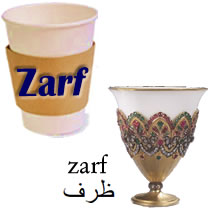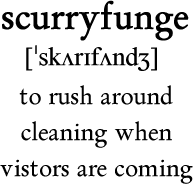An interesting French expression I learnt last night was gagner son bifteck, which means literally “to win/earn one’s steak”, and is the equivalent of “to bring home the bacon” [source].
The French word bifteck [bif.tɛk] comes from the English beefsteak, and means steak.
Related expressions in French include:
- gagner sa vie = to earn one’s living
- gagner de quoi vivre = to earn one’s keep
- gagner sa croûte = to earn one’s crust
- gagner une misère = to earn a pittance
Similar phrases in English include:
- to keep the wolf from the door
- to put food on the table
- to keep clothes on your back
- to keep a roof over your head
Do you know any others?
In Welsh equivalent expressions include:
- ennill eich tamaid = to earn one’s living (“to achieve/win/earn one’s bite”)
- ennill eich bara (menyn) = to earn one’s bread (and butter)
What about in other languages?
By the way, if you’ve been unable to access this blog, or other parts of Omniglot recently, this is because of my inept attempts to make it secure with SSL, etc. Fortunately the good people at Kualo, where this site is hosted, were able to sort things out quickly, and normal service has now been resumed, hopefully.
If you’re looking for somewhere to host your website, I would definitely recommend Kualo. Their service and technical support are excellent, and their prices are reasonable. They also use renewable energy as much as possible.







